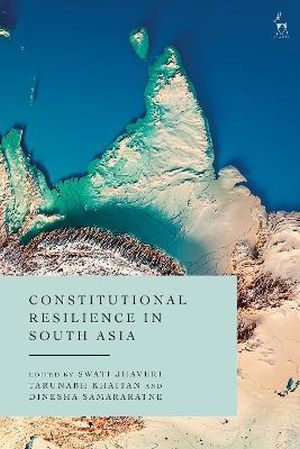
This book interrogates the reasons why constitutional democracies in South Asia are under threat, provides a coherent and calibrated account of the causes behind their erosion, and evaluates the resilience of democratic institutions to combat such threats. It considers the design and functioning of institutions including political parties, legislatures, the political executive, the bureaucracy, courts, fourth branch/integrity institutions (such as electoral commissions) and the military to understand their roles in strengthening or undermining constitutional democracy in South Asia. It is written at a time when concerns about the stability of constitutional democracies, even long-established democracies, have been rising globally.
South Asia has had a tumultuous and varied experience with constitutional democracy that predates the recent rise in populism. Pakistan and Bangladesh have frequently changed regime type, from democracy to autocracy and back. Sri Lanka and India have been relatively more stable, but serious concerns are being expressed about the resilience of their democratic institutions. Nepal and Afghanistan, as some of the youngest democracies in the world, pose another set of questions on the issue of democratic and constitutional stability.
And yet, the global South has remained largely ignored by constitutional law and democracy scholars. This book addresses this gap. Contributors come from across South Asia, including India, Bangladesh, Pakistan, Sri Lanka and Afghanistan, to present a unified contribution to the South Asia-centric literature on the topic of the stability and resilience of constitutional democracies."